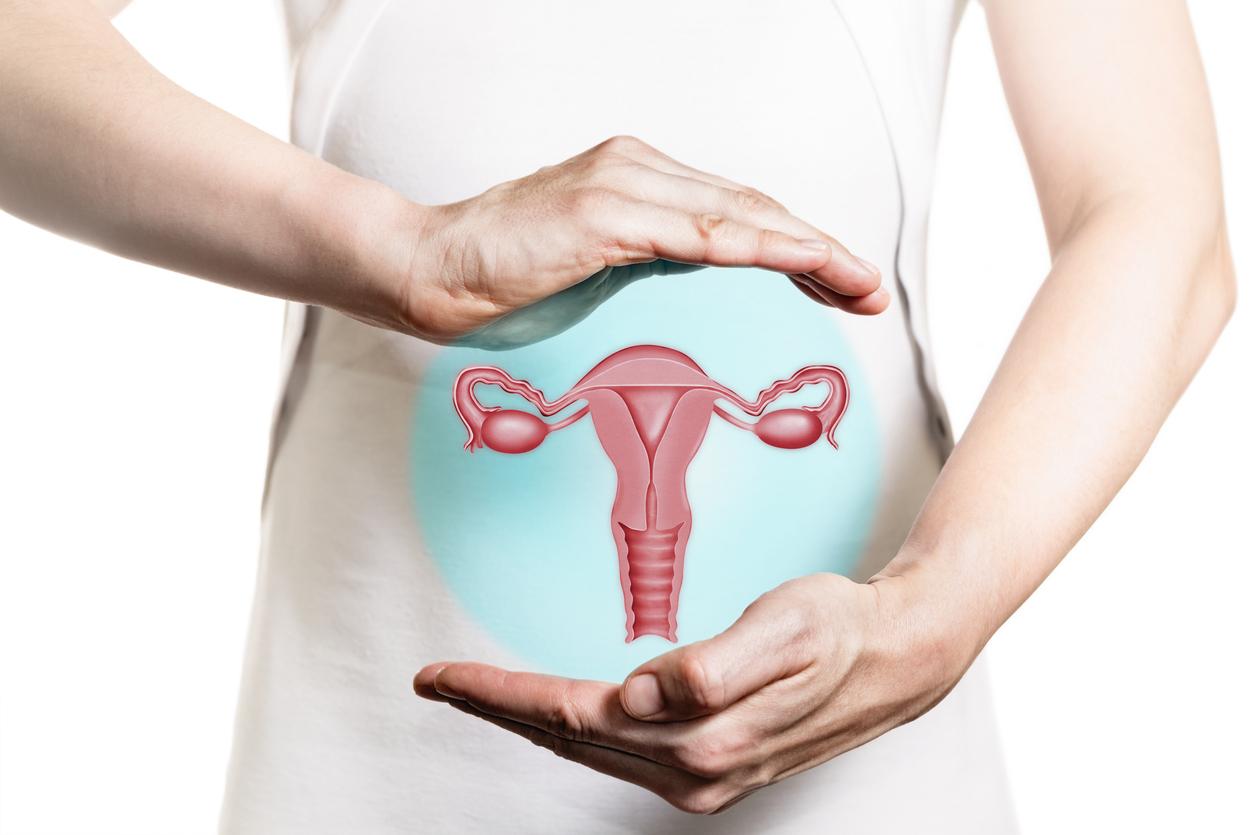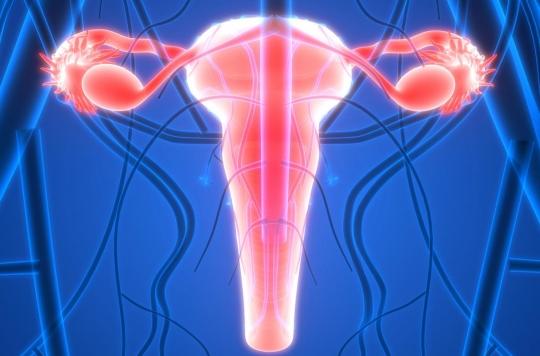More than a hundred uterus transplants have been performed around the world since 2014, allowing the birth of around 70 children.

- Ten years ago, Dr. Mats Brännström’s team in Sweden successfully performed the world’s first uterus transplant resulting in a live birth, after years of animal experiments.
- Over the past ten years, more than a hundred uterine transplants have been successfully performed around the world, according to a report by researchers at the University of Dallas in the United States. They estimate that around 70 live children have been born from such a transplant.
- To date, in France, three children have been born to two women who received a uterus transplant in 2019 and 2022. At the end of 2023, a third uterus transplant was successful.
Ten years ago, Dr. Mats Brännström’s team in Sweden successfully performed the world’s first uterus transplant resulting in a live birth, after years of animal experiments. A U.S. study, published in the journal JAMAtoday draws up a global assessment of uterine transplants, discussing the success rate, the health of children and possible complications reported by donors and recipients.
About 70 live children born from uterine transplants
As a reminder, uterus transplantation is the only possible treatment for women suffering from infertility of uterine origin. This may be linked to the absence or dysfunction of this organ, to an ablation due to cancer or to complications of pregnancy. In Europe, approximately 200,000 women are affected. The operation is currently offered as a priority to women born without a uterus, suffering from Mayer-Rokitansky-Küster-Hauser syndrome, which affects one in 4,500 women in France.
Over the past decade, more than a hundred uterine transplants have been successfully performed worldwide, according to a study conducted by researchers at the University of Dallas in the United States, entitled the Dallas UtErus Transplant Study (DUETS). While there is no official record of the number of viable births resulting from this procedure, the authors estimate that around 70 live children have been born from such a transplant.
Health complications in some transplant recipients
Although uterus transplantation has a 100% success rate and results in healthy children, the operation is not without risk. Of the twenty American cases studied (18 donors are alive, two have died), eleven recipients reported at least one health complication: hypertension during pregnancy, cervical insufficiency or early dilation outside of labor, or premature births. On the donor side, 4 of the 18 women experienced severe complications, mainly related to the surgical procedure at the time of uterine removal. But after four years of follow-up, they no longer have any after-effects.
To date, in France, three children have been born to two women who received a uterus transplant in 2019 and 2022, thanks to the work carried out using living donors by the team of Professor Jean-Marc Ayoubi, from the Foch hospital in Suresnes, one of the world leaders in uterine transplants. At the end of 2023, a third uterus transplant was successful, again in the same establishment: this time again, the graft came from the recipient’s own mother.














